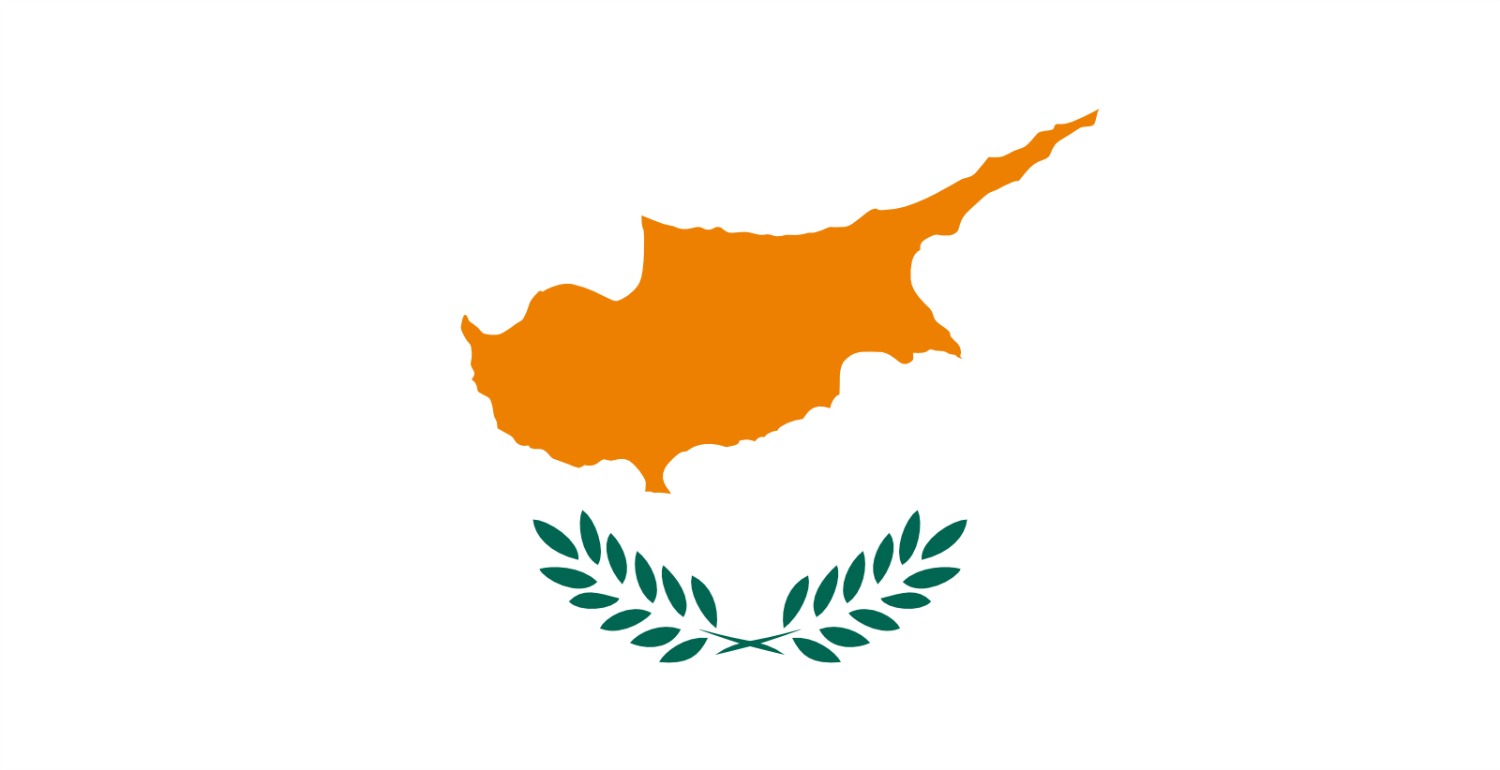By Chadwick R. Gore
CSCE Staff Advisor
The Helsinki Commission held a briefing on March 26 regarding possible outcomes of ongoing direct talks between Republic of Cyprus President Glafcos Clerides and Turkish Cypriot leader Rauf Denktash. The two leaders have been central figures in developments on the divided island nation for over a quarter century. Panelist Ian Lesser said the time is ripe for the two sides to settle this conflict.
Lesser, a senior political scientist at the RAND Corporation, attributed the resumption of talks last December to the force of European Union membership. “The issue about European membership for Cyprus, but also in the broader sense European prospects for Turkey and the Europeanization of Greek policy over the last decade…has proved a key context for this [round of talks] to move forward,” Lesser stated.
Panelist Doug Bandow, Senior Fellow at the CATO Institute, agreed with Lesser and laid out another catalyst for the talks. “I think what spurs the [talks] today certainly is the issue of the EU and whether or not Cyprus goes in; and in many ways, the Turkish threat, which they haven’t repeated recently but nevertheless hangs over the proceedings, of whether or not to annex the section of the island which the troops occupy,” Bandow said.
Central issues which Clerides and Denktash will have to resolve during these talks come from both sides of the Green Line, the dividing line agreed to under the terms of the current United Nations-monitored cease fire. Turkish Cypriots are concerned for their safety on an island that is overwhelmingly Greek. The status of Turkish immigrants under a new form of government is an issue in which both sides take interest. According to Bandow, the citizens of the Republic of Cyprus, mainly of Greek ethnicity, are primarily concerned with “reimbursement for lost property, the right to travel throughout the island, the ability to go back to historic homelands, the notion of having a unified island again; where, in fact, Cyprus exists as a nation in which people are free within that island.”
If indeed an agreement is reached between the two parties, the positive outcomes would extend beyond the island’s borders. Colonel Stephen R. Norton (U.S. Army, Ret.), a senior Policy Advisor at the Western Policy Center, expounded on the benefits of a solution. “First, it reduces the potential for conflict in the region. It strengthens NATO’s southern flank at a time when the alliance is deeply engaged in Balkan peacekeeping and the war on terrorism. It improves bilateral relations between NATO allies, Greece and Turkey. It enhances Turkey’s reputation with the European community and helps with its EU accession process – a very important item. It decreases long standing anti-Americanism in Greece. And, finally, it serves as an example where you have Christian and Muslim populations working out their problems together.”
Asked how the United States, specifically, can deter another conflict on Cyprus, panelist Philip H. Gordon of the Brookings Institute and the Center on the United States and France, answered, “…every single party involved in this – Turkish Cypriots, Greek Cypriots, Greece, Turkey, EU and us – are worse off if this is not resolved by December and there’s a crisis.” If the solution is to be long lasting, the Cypriots must reach it themselves, Bandow concluded.
Despite positive remarks about the situation, none of the four panelists were overly optimistic about the outcome of the current round of talks. Hesitant to set a deadline for an agreement, Gordon editorialized his thoughts, saying, “I think we need to be absolutely prepared for breakdowns in the talks, continued haggling between the two sides, literally up to the last minute, which is probably the EU’s Copenhagen Summit in December.”
The Helsinki Commission also held a briefing on Tuesday, December 4, 2001 to explore the renewal of talks on Cyprus between Cypriot President Glafcos Clerides and Turkish Cypriot leader Rauf Denktash. The briefing featured United States Special Coordinator for Cyprus Ambassador Thomas G. Weston.








